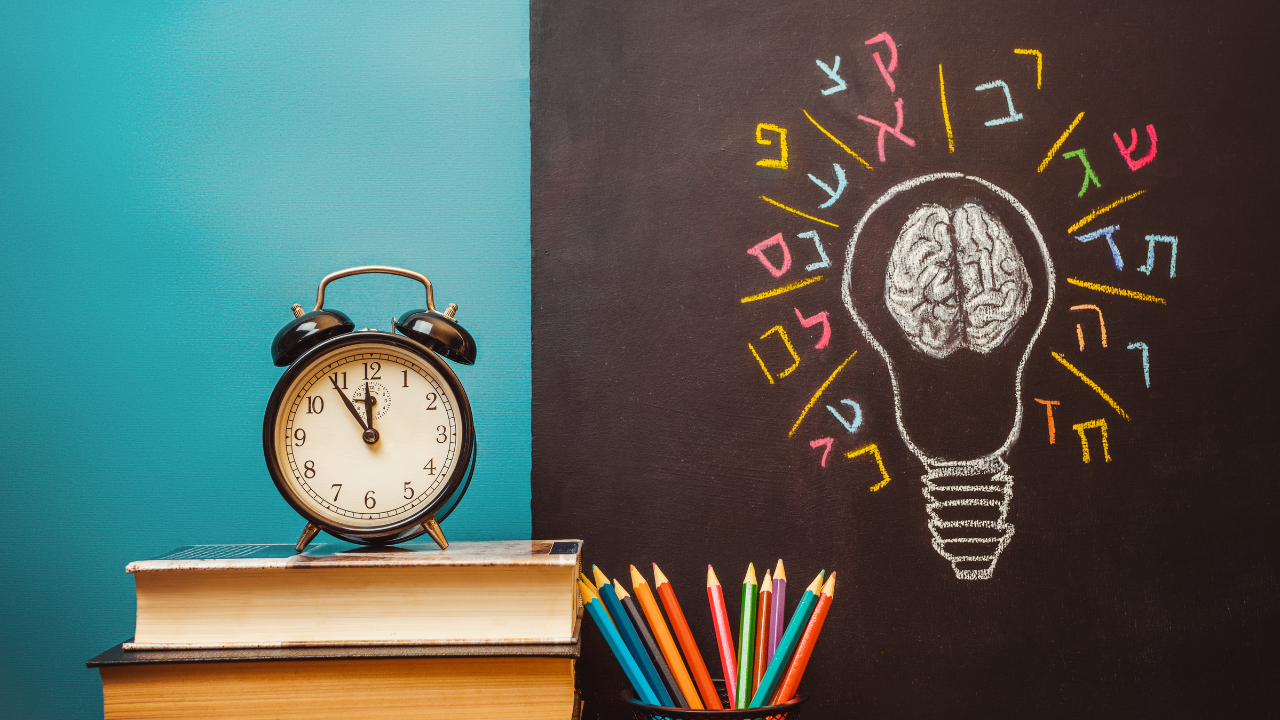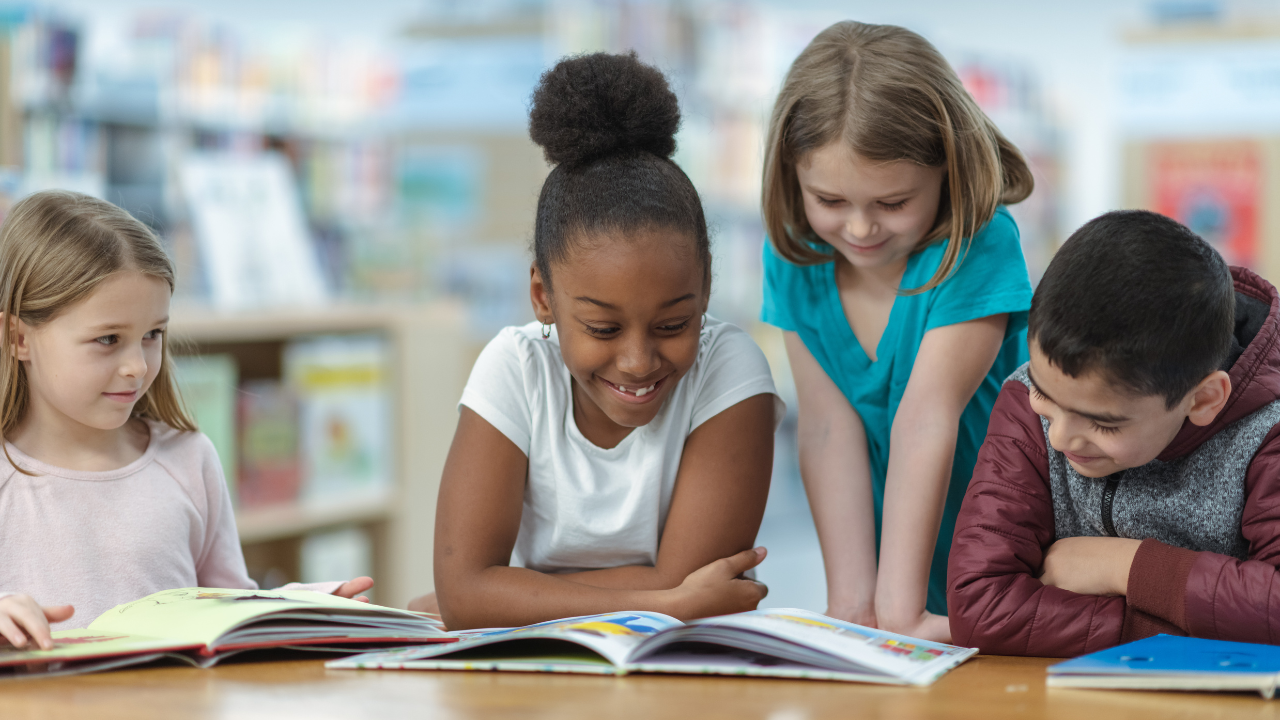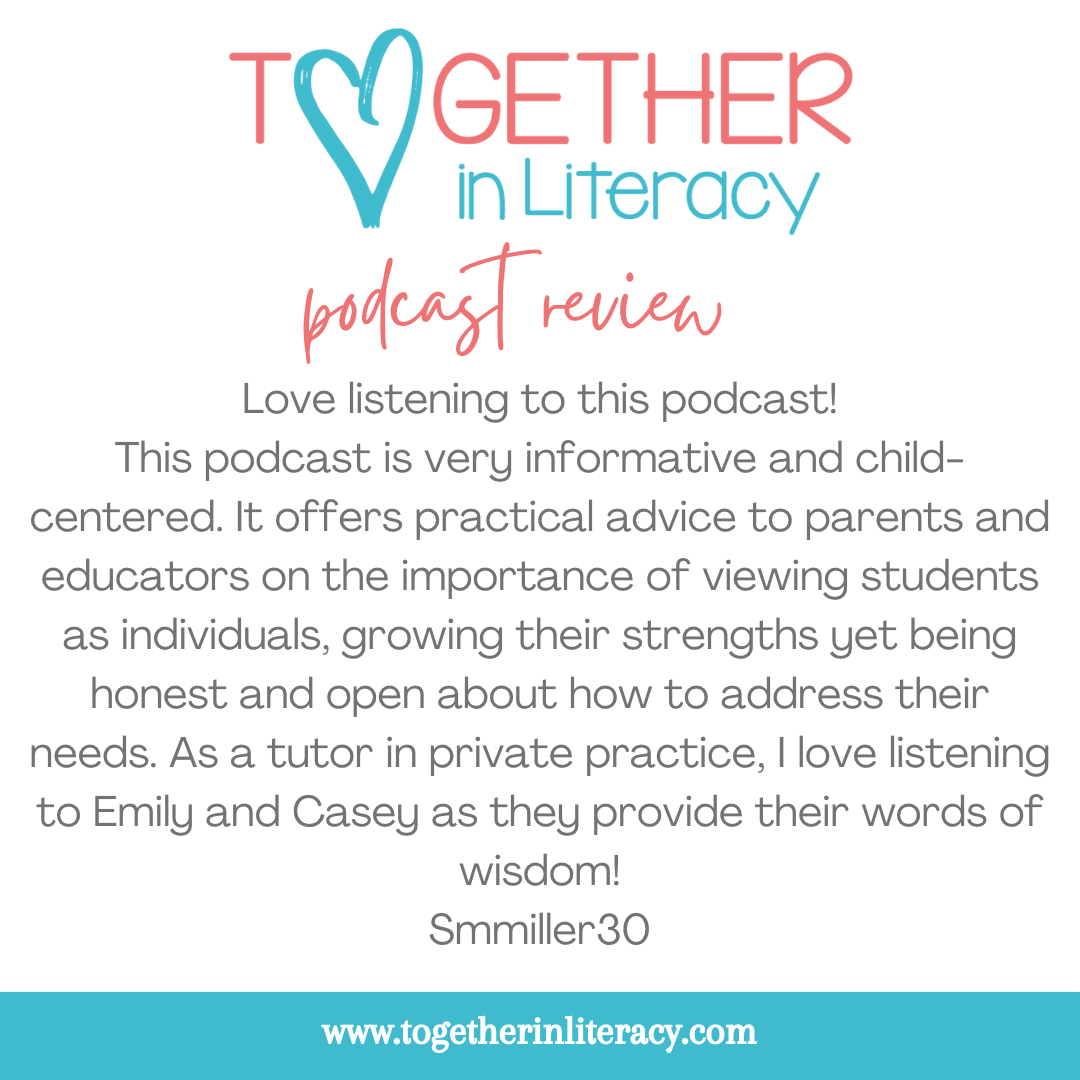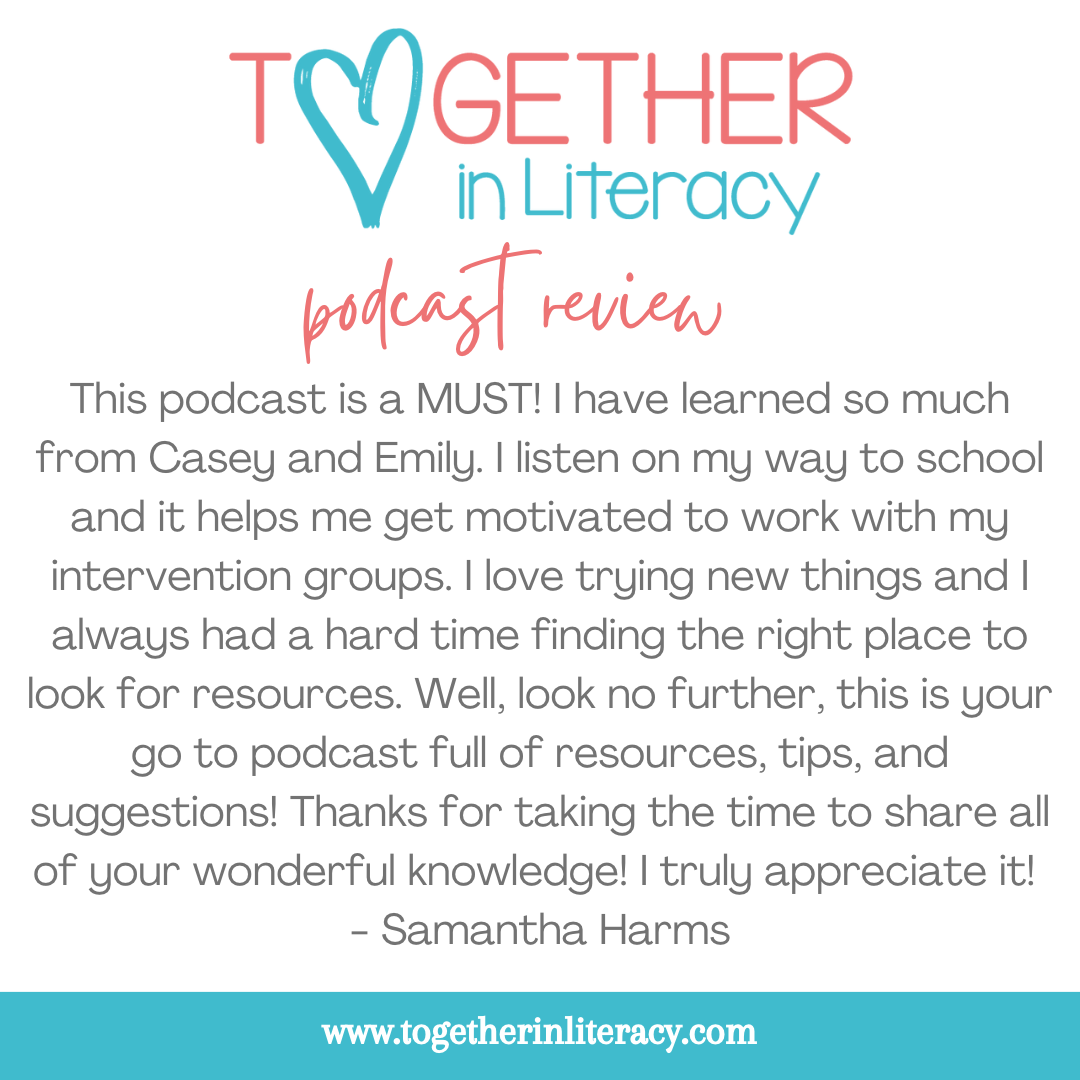5 Things to Know About the Science of Reading

Think about the word trend or some trends that have impacted you over the years.
About eight or so years ago, the Floss dance was a trend that was sweeping up all of our students. And, just like many teachers, we’re happy this trend has fallen by the wayside.
There are lots of other trends, like big ‘80s hair and low-rise jeans that we really don’t want to see come back. The thing about trends is that they become super popular overnight, spread like wildfire, and then fizzle out pretty quickly.
When we talk about trends in education, they usually take a little longer to catch on but ultimately, they fade out as well.
It’s important to know that the Science of Reading is not a trend. The Science of Reading might just be the hottest topic in the education world and we’re here to tell you that it is so much more than just a trend or a buzzword! It is a dynamic change or movement that has come to the forefront of education because of our ability to spread awareness and research in new ways.

Here are five things you MUST know about the Science of Reading:
1. There are decades of research on reading and learning.
The Science of Reading encompasses decades of research on learning, reading instruction, dyslexia, and more. There might be a current wave of excitement around the Science of Reading, but it is important to know that it is rooted in years and years of research.
It is not new. What is new is our ability to disseminate and access research and information. The National Reading Panel is chock full of still-relevant reading research.
The Science of Reading is rooted in research. It is not rooted in personal feelings.
2. It encompasses all components of literacy.
The Science of Reading covers all components of literacy. There are five pillars of reading, phonemic awareness, phonics, fluency, vocabulary, and comprehension.
We’re NOT just talking about phonics here or simply adding in more phonics. We are talking about all aspects of literacy, like fluency, vocabulary, and writing, that come together to create literate and fluent humans who can read, comprehend, and communicate. All of this falls under the larger umbrella of language, both oral and written.
At the heart of literacy is language… and that is not simply phonics instruction. We are always incorporating aspects of language development at multiple points throughout a lesson.
3. It is broad in scope.
Oftentimes we hear the terms Science of Reading and we think this research is limited to just reading. That is not true. The Science of Reading looks at all aspects of learning. It goes far beyond just the reading piece. It looks at how we learn and how the brain works.
We often wish it went by the broader terms, Science of Learning. The research covers all things language, literacy, and learning.
4. The Science of Reading is Dynamic
As with anything in research, the science of reading is dynamic, not static. There is always new research and things are ever-changing and evolving. This is something that is so exciting.
Teaching is a craft, it is something we’re always improving on. We can pull the research in to help us develop and hone our craft.
Don’t fall into the trap of thinking that you don't have to pay attention to the Science of Reading because it is just a pendulum swing. This is not just a pendulum swing. Always go back to the research.
5. It is not a program.
The Science of Reading is a collection of research about what we know is needed to help students unlock the reading code. It is not a program. There is no one program that can claim it. It is not a copyrighted term.
That means we have to be mindful consumers when looking at different programs to see how the resources are connected to the research. Look at the backgrounds and training of those who created the resources and make sure that it supports what the current research says about reading.
For even more on the Science of Reading, check out our latest episode of the Together in Literacy podcast. If you like what you hear, don’t forget to rate, leave a positive review, and subscribe!
100K Giveaway Winners!
We have our two winners! If you are user Smmiller30 or Samantha Harms please email us to claim your prize! Email us at [email protected]!


Looking for strategies and resources?
Sign up for our newsletter for news, resources, and freebies delivered straight to your inbox.
We hate SPAM. We will never sell your information, for any reason.
